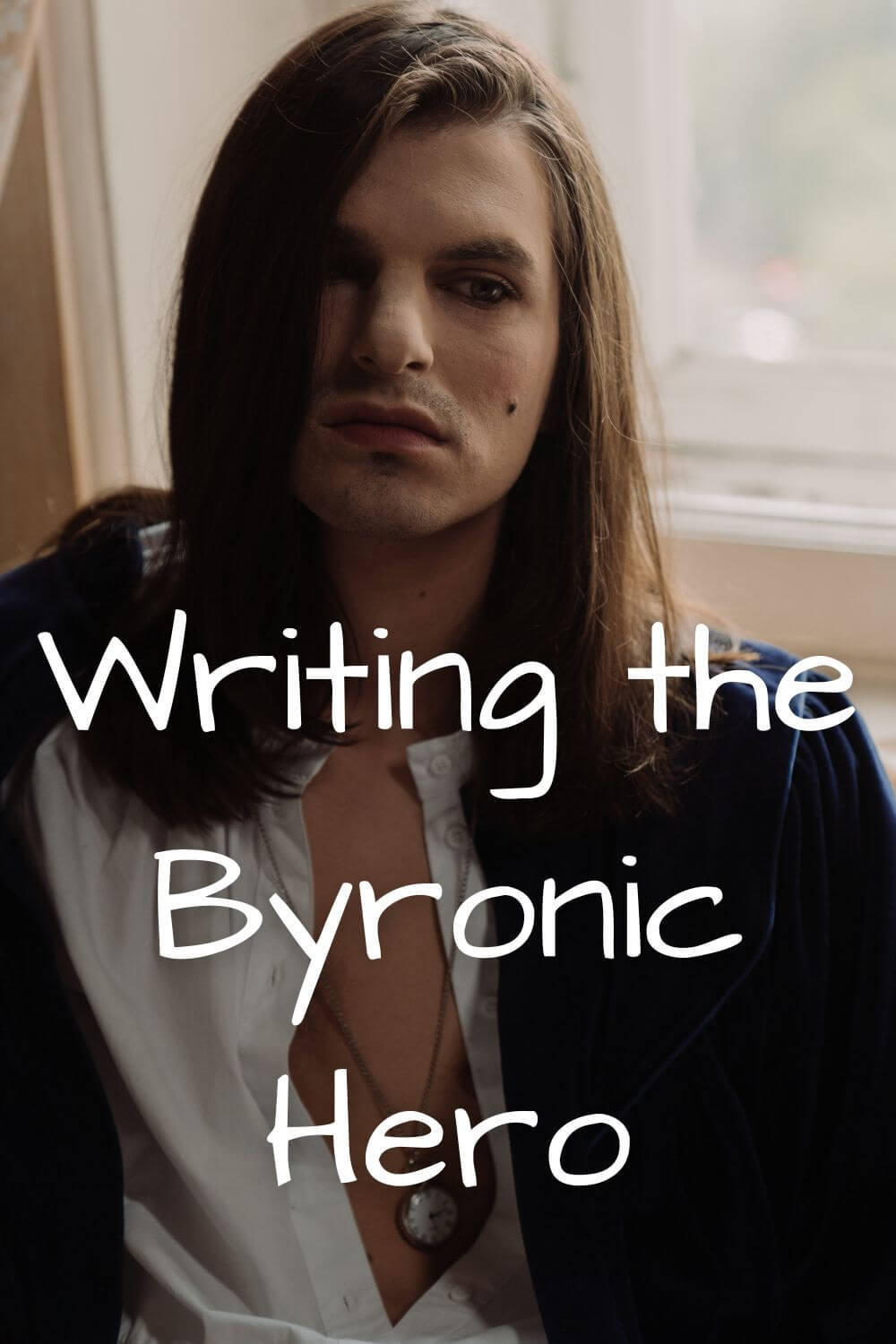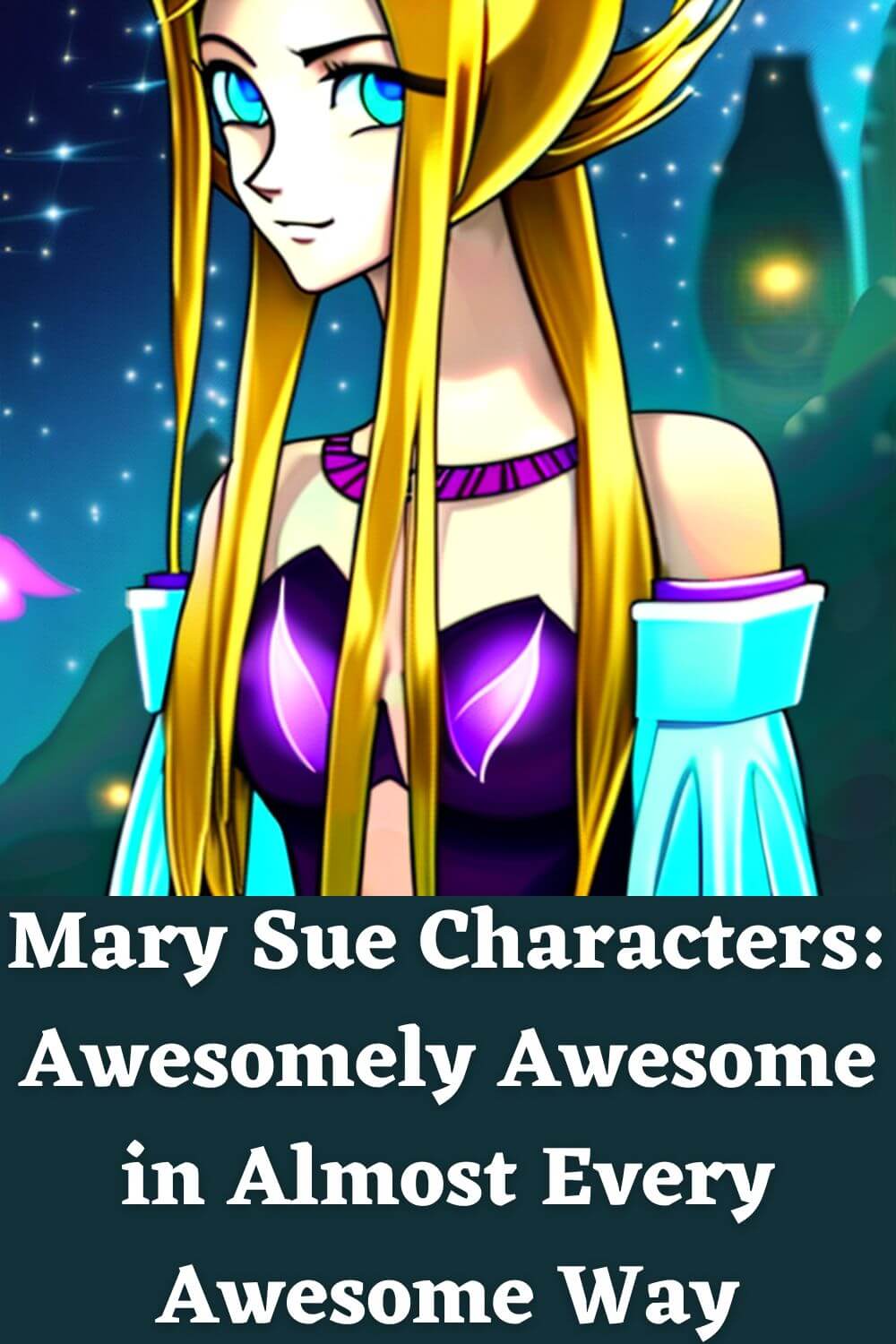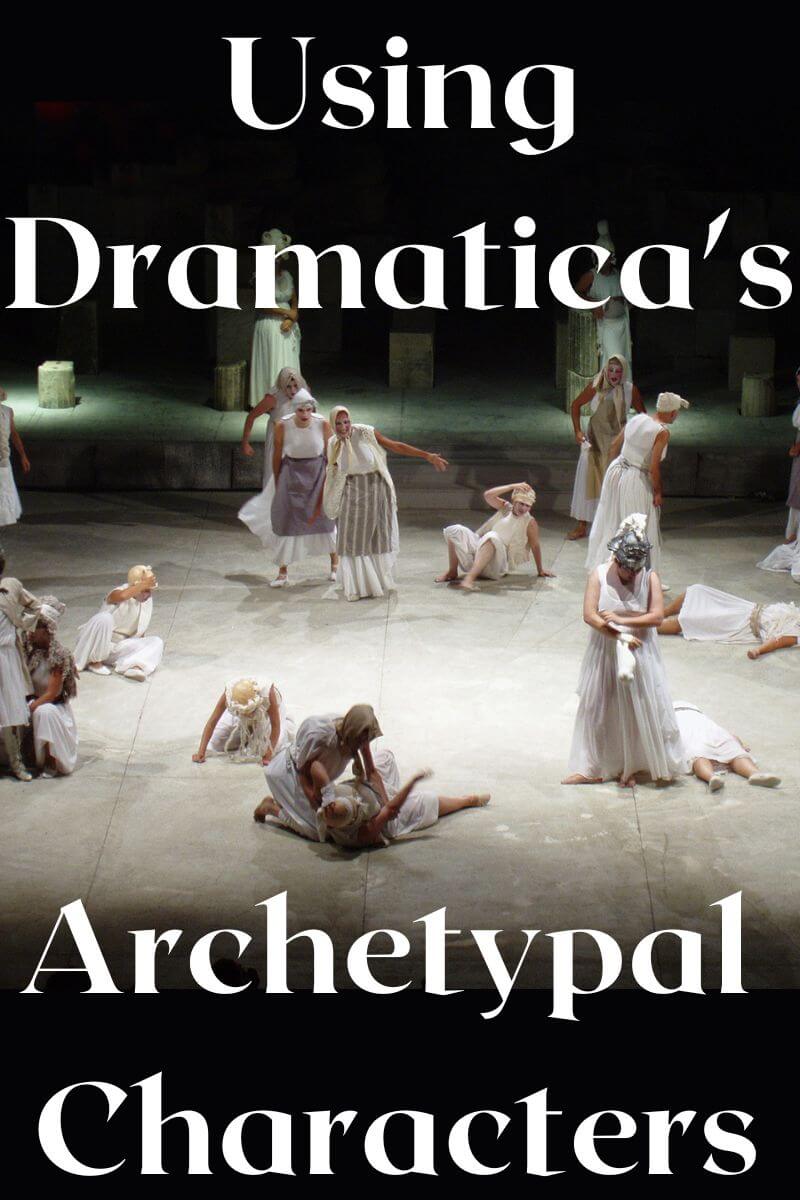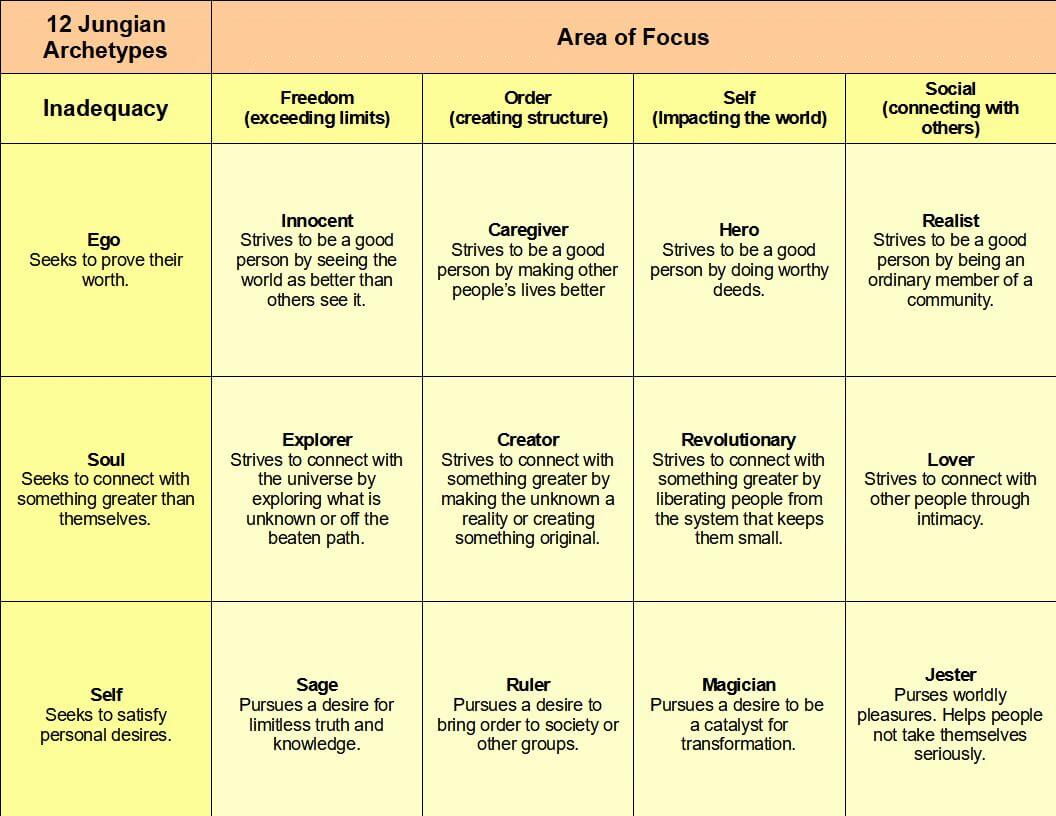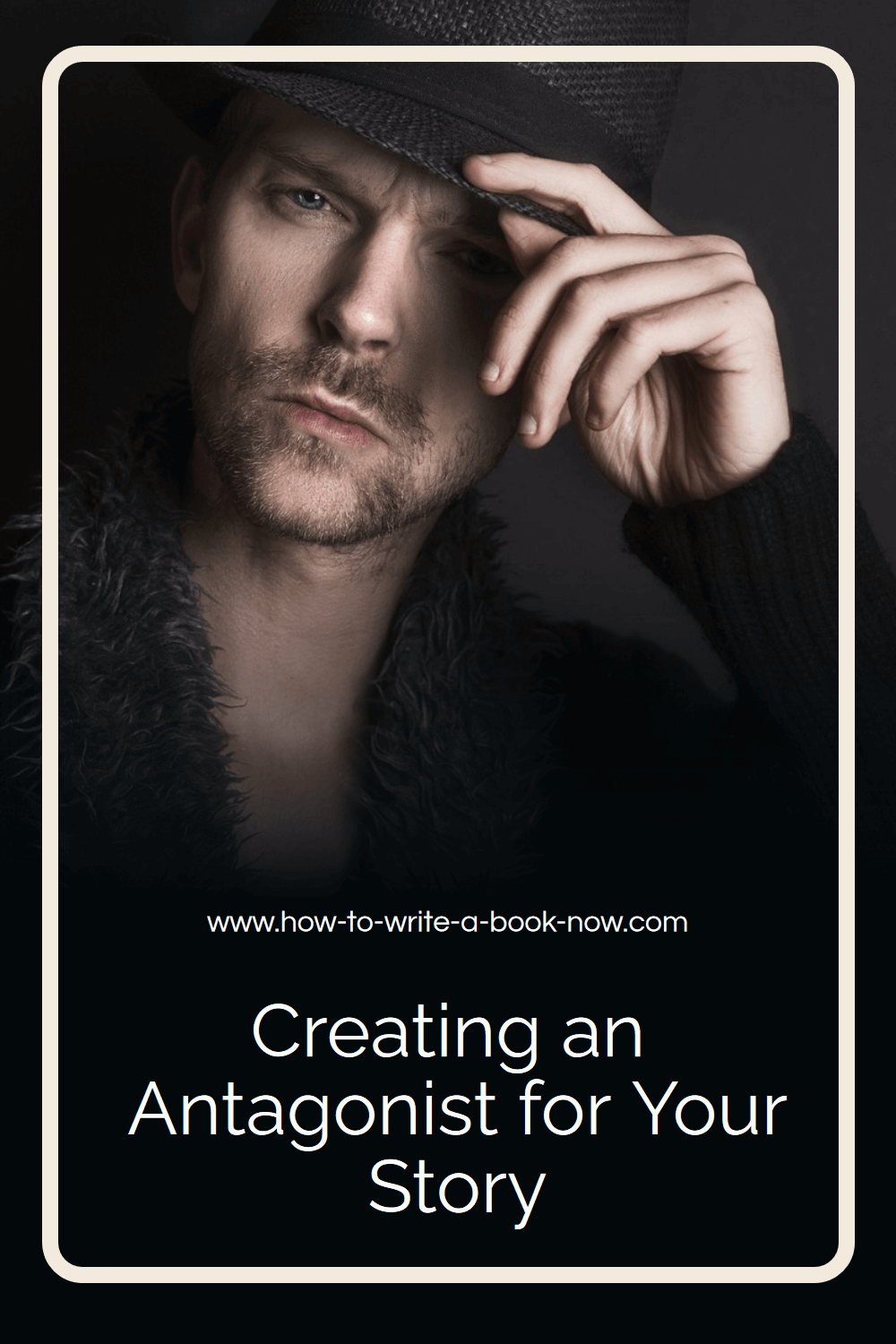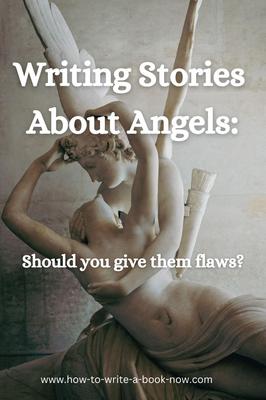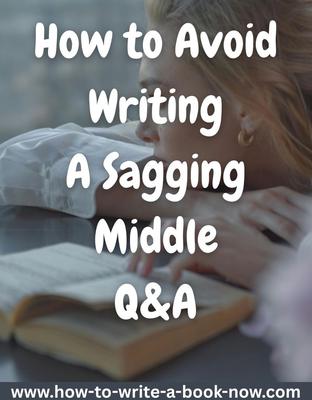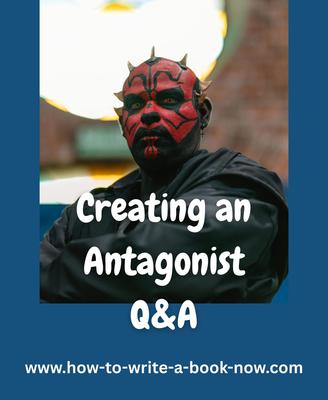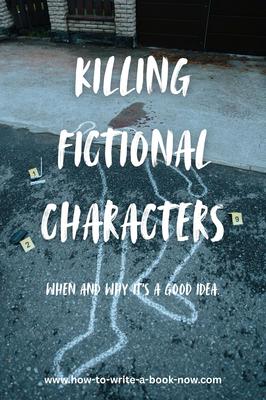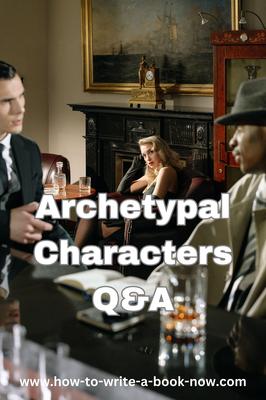How to Write a Byronic Hero: the Traits and Uses of this Popular Character Type
By Glen C. Strathy
Some writers try to write a Byronic hero despite never having heard the term. All they know is that they have a terrific desire to write about a male character who seems to be full of contradictions. He's strong but jaded, passionate but moody, talented but impoverished, idealistic but pessimistic, attractive but also dangerous.
Many readers are drawn to such fictional characters who appear in a wide variety of genres. Though they first became popular in the Romantic period of the 19th century, they remain popular today.
So let's take a look at the traits of Byronic characters, what makes them tick, and what you must do to write such a character.
Basic Traits of the Byronic Hero
To begin, let's consider how most people define a Byronic hero.
One of the earliest descriptions of the Byronic hero comes from Thomas Babington Macaulay's Critical, Historical, and Miscellaneous Essays published in 1860. Macaulay describes the Byronic hero as...
Other traits frequently attributed to the type include:
- intelligent
- depressive
- prone to substance abuse
- a seeker of justice, but with no regard for legality
- obsessive
- seductive and sexually attractive
- impulsive
- sometimes self-destructive
- arrogant
- violent
- cunning or manipulative
- independent, to the point of being a loner or outsider
- introspective
- scornful of society
- passionate
- possessed of a personal moral code that he follows rigorously
Of course, to write a Byronic hero, it's not enough to assign your character the stereotypical traits. You must understand what gives rise to them. So let's consider the origins of this character type and the various strands that are woven into its fabric.
The Origins of the Byronic Hero
Like most character archetypes, the Byronic hero has several origins that have merged over time. Let's look at the most recognizable of these.
Lord Byron
The Byronic hero receives its name from the English poet Lord Byron, who wrote a number of narrative poems featuring similar characters. Many people believe Byron's heroes bear a resemblance to the poet's own personality.
This makes Lord Byron's works a good resource if you want to learn how to write a Byronic hero. In Byron's works, the character type first appears in Childe Harold's Pilgrimage, followed by Giaour, The Corsair (which features a pirate -- see below), and Lara.
Templars and Pirates
Before Lord Byron's time, the roots of the Byronic hero may lie in a curious story about the origins of piracy in the 14th century. I say, curious, because the story is a bit esoteric and it's the job of historians to determine how much of the tale is true. Bear with me because, true or not, it tells you much of what you need to know if you want to write a Byronic hero.
The story begins with the Knights Templar, a Catholic, monastic order of knighthood that played a key role in the crusades. The actual knights of the order came from aristocratic families, yet they swore an oath of poverty, chastity, piety, and obedience in order to join the Templars. Most of them joined for life. They had to hand over their fortunes and lands to the order, as well as give up the chance to marry and have children. Clearly, this was not a casual decision for a young nobleman. The average Templar Knight, at least when he joined, must have been a zealous believer in the ideals of the order and the causes for which they fought. Over its 200-year history, the Knights Templar became a large, wealthy organization. In addition to its military exploits, it created the first rudimentary banking system in Europe.
However, the Knights Templar eventually had a falling out with the Church. On Friday the 13th of October, 1307, the Pope (who was then based in France) issued an order for all Christian Kings to arrest the members of the Templars on charges of heresy. The Templar leaders were tortured until they confessed. In 1312, the Pope dissolved the order and handed its assets over to the Hospitallers.
Nonetheless, so the story goes, a large part of the Templar fleet of ships escaped seizure. In the following years, the surviving Templar captains sought revenge on those who orchestrated the downfall of their order. They became pirates who pillaged Catholic merchant ships. To this day, when most people think of pirates, they picture these ex-Templar captains and their crews. Even the pirate flag, the Jolly Roger, was originally a Templar flag, first flown in 1127 by the Templar King Roger of Sicily during a falling out he had with the Pope.
(For more information about this story, see The Templar Pirates: The Secret Alliance to Build the New Jerusalem by Ernesto Frers, if you can find a copy.)
The Byronic Hero as Idealist Turned Outlaw
So imagine this...
You're a young aristocrat, with a superior education and military training. You are a also devote Catholic. You fall in love with the ideals of the Knights Templar and decide to enlist. You give up your worldly possessions, your inheritance, and the possibility of having a wife and children for the chance to participate in the Templar's great mission to create heaven on earth. In return, the order promises to provide for you for the rest of your life, as long as you keep your vows.
And then, as you see it, the Church you love betrays you and all your comrades. The great and powerful order you joined is destroyed. The leaders who inspired you are humiliated. Your resources are all taken away. You are left with nothing, except the command of a ship, if you are one of the lucky ones.
So you become a criminal, an outlaw. You have only a few places where you can safely harbour your ship. You cannot return to your homeland. And you certainly aren't going to seek repentance -- because you believe you did nothing wrong. So, to survive, you use your naval and combat experience to raid other ships for food, supplies, and valuables. You may be still too devout to attack the Church directly. But you convince yourself that the Pope was misled by so-called Catholic nobles and merchants who poisoned his mind against the Templars. So you take pains to attack ships you see as belonging to your enemies.
For the rest of your life, you are a bitter, jaded man. Your ambitions came to nothing. Your hopes and dreams are dashed. And you spend much time ruminating about how and why everything went wrong. You feel robbed of the status and the lifestyle you were accustomed to, that you feel you deserve. But deep inside, you are still a nobleman and a devout Christian. You are still loyal to the ideals that made you become a Templar Knight in the first place. Though you now must consort with common criminals who can help you fence your stolen goods, you see yourself as their intellectual and moral superior.
Over time, your story becomes merged with stories of your fellow knights-turned-pirates, who generally have the same attitude and lifestyle as you, eventually giving birth to the archetypal Byronic hero.
The Byronic Hero in Westerns
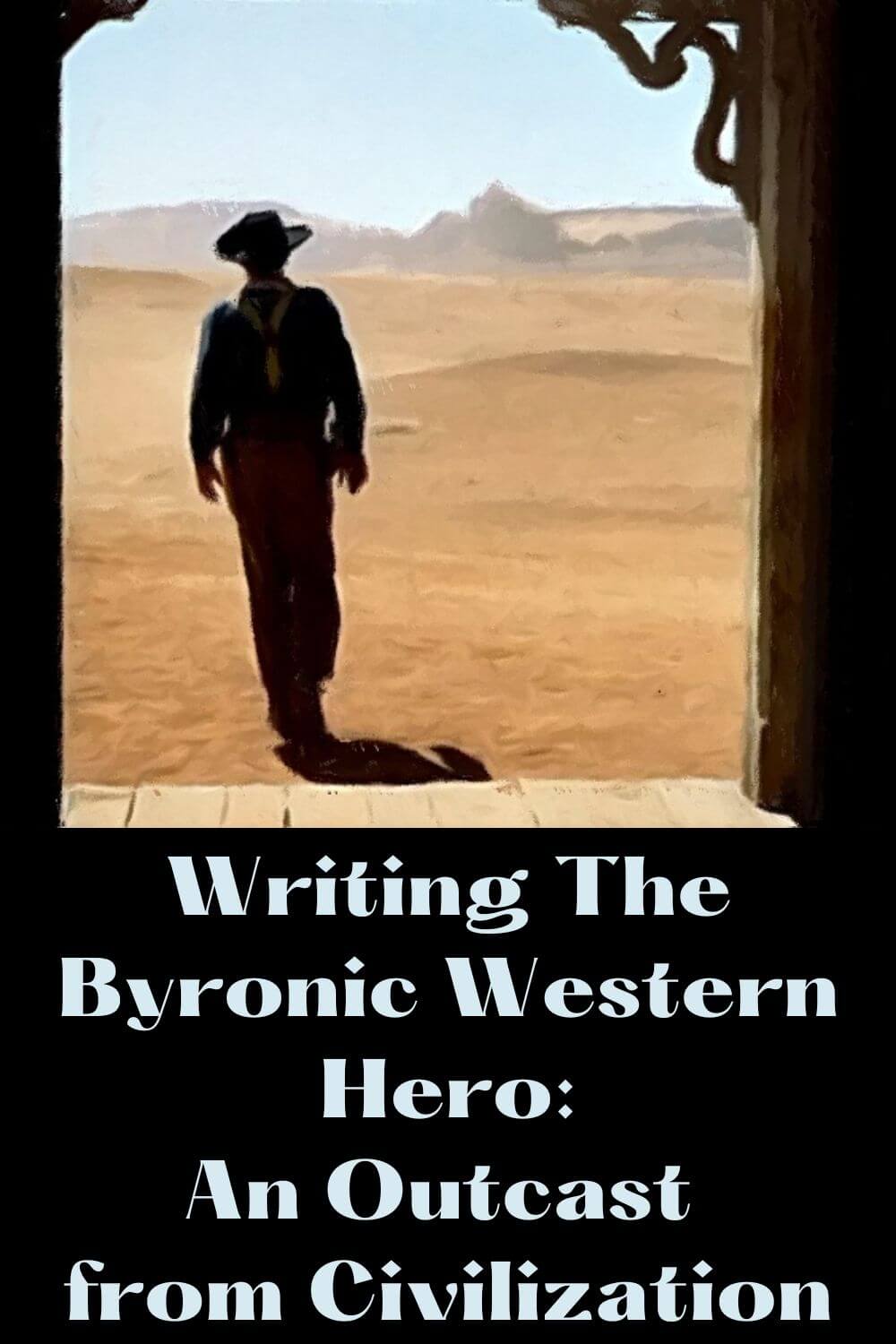
In classic Westerns, set in the years following the American Civil War, Byronic heroes often appear as former Confederate officers. Like the Knights Templar, they grew up as members of the upper class. Often they are the sons of large landowners in the pre-war American South. And like the Templars, they have above-average educations and military training. Because they lost the war, along with their status and assets, they feel jaded and betrayed. They see the US Federal government as the enemy, and by extension civilization in general. So to escape the corrupt Eastern society, they head into the untamed American West where they can maintain a fierce independence.
As with the pirates, these former soldiers may lead an outlaw existence, often relying on their weapons training to survive. Sometimes they find redemption through hard work, communion with Nature, humility, and defending the innocent. Sometimes they find redemption in the love of a good woman. Sometimes they become gunslingers who consort with lower-class criminals. Nonetheless, deep inside they cling to the noble ideals they once believed in.
Curiously, the one Confederate belief that seldom plays a role in Westerns is racism, most likely because it's hard to justify. Often Byronic Western Heroes have learned their lesson in that regard and ally themselves with Native Americans (though Afro-Americans seldom play a part in these stories).
Other Genres Where You Might Want to Write a Byronic Hero
While Byronic heroes may have their origins as Pirates, Gunslingers, and Poets, they can appear in many other genres. For instance...
The Byronic Hero in Romance
I mentioned above that in some Westerns the love of a good woman helps redeem the Byronic hero from his bitter, jaded state and build a new, happier life.
This idea also appears in Romance novels. The heroine falls for a traumatized or jaded man who nonetheless has many attractive and noble traits and the potential to be a good match. An example everyone knows would be Disney's Beauty and the Beast, in which Belle's presence and love redeem and heal Beast.
Some people object to this trope because in real life damaged people are often less than ideal spouses or romantic partners. However, you should consider that fantasy plays a key role in Romance. Many readers enjoy imagining themselves as the woman who could redeem the Byronic hero.
The Byronic Hero in Mystery
It is common to write a Byronic hero as a private investigator in a hard-boiled mystery novel.
Many private investigators are former police officers, giving rise to the question, "Why did they quit that job?"
Perhaps they discovered corruption within the police force that went against their ideals.
Perhaps they were betrayed. Perhaps they were framed for some misdeed or failed to prevent an injustice and left in disgrace. Perhaps a traumatic incident in their personal life forced them to leave for health reasons. This rendered them angry and jaded. Whatever the cause, they may feel compelled to redeem themselves or obtain justice or revenge. While they are forced to make a living through the seamy work of a private investigator, a part of them dreams of clearing their name, finding the real criminal, exposing the corruption, or becoming the crusader for justice they always intended to be.
The Byronic Hero in Romantic Suspense
In traditional Romantic Suspense stories, the heroine must choose between two potential romantic leads, one of whom is a good choice for a romantic partner while the other is the villain. Of course, the heroine doesn't know which is which until the crisis.
A Byronic hero can work well in this genre because he can appear to be a villain at first, yet turn out to be a trustworthy and deserving love interest once the heroine gets to know him (along the lines of Mr. Darcy in Pride and Prejudice). In other stories, the Byronic character might be very attractive and seductive at first. The heroine might be sympathetic to his woeful tale of how he was betrayed. But in the end, he will prove himself to be a self-centred or possibly sociopathic villain who the heroine should reject in favour of a better match (along the lines of Mr. Wickham in Pride and Prejudice).
The Byronic Hero in Fantasy or Adventure
Many fantasy stories feature lone heroes who cling to their values or their ideals despite having to survive in a corrupt or dystopian world. I'm thinking here of works like The Witcher novels by Andrzej Sapkowski and The Dark Tower series by Stephen King.
Edward from The Twilight series by Stephanie Meyer is often cited as a Byronic hero, and indeed vampires in many works have Byronic traits. Snape in the Harry Potter books is another example.
Of course, Byronic heroes can also appear in adventure stories set in the real world. They are often characters who operate in the criminal underworld, yet are clearly superior to their fellows in terms of intelligence and ability. They were not so much born into this underworld as fell into it due to misfortune, and they may be constantly looking for a big score that will let them regain the lifestyle they lost.
How to Write a Byronic Hero
Okay, so let's say you have decided to write a Byronic hero into your story. You will need to make adjustments depending on what genre and readership you have in mind. But here are some general tips...
Give Your Byronic Hero a Backstory that is Both Privileged and Tragic
Good Byronic heroes have a reason for becoming jaded. You may not need to write a Byronic hero's backstory in full detail in your novel. Many stories introduce the Byronic hero at a point in his life long after the tragedy or trauma that made him who he is and force the reader to wonder what must have happened to him. But as the writer, you should know his backstory, if only because it will point to certain skills and experience he has that might be useful in the story.
Of course, there are many ways a character can be betrayed or suffer a downfall. In a Romance, he might have had a former lover who betrayed him. In a hard boiled PI story, your ex-cop might have been betrayed by his superiors or his partner. In a Medical Thriller, he may have been cheated by his employer.
Also, betrayal is not the only type of tragedy a Byronic hero can have in his past. He and his allies might have lost a war, led a failed revolution, started a religious movement that became corrupt, or any other effort. What matters is that the tragic event barred the Byronic hero from the life he expected to lead.
Put Him in a Humble Situation
Most Byronic heroes live a lower class or humble lifestyle, one far below what they were raised in. It's a constant reminder of the tragedy they suffered and one reason they seem preoccupied by the hand fate has dealt them. Though their superior skillset lets them to survive in this environment, their moodiness and preoccupation with their downfall prevents them from rising above it and making a better life for themselves.
Give your Byronic Hero Superior Abilities
The archetypal Byronic hero has a superior intellect, or at least a superior education. He is often a skilled fighter, again because many Byronic heroes were born into the upper class. He may have many other skills due to his upbringing that most people lack.
His privileged background may be one reason he is romantically appealing. His good manners, eloquent manner of speech, confidence, and air of superiority will set him apart from the lowlifes or average people he is surrounded by.
Usually, you will want to write a Byronic hero with superior traits, so that his lifestyle seems below what someone with his abilities would be expected to lead. The reader should be able to look at him and wonder what happened to take him so low. Why does he seem such a Prince among commoners?
Balance His Dark Side with Light
On the one hand, a Byronic hero possesses negative traits that would make any other character unlikeable. In this way, he is like many other characters whose dreams never came to pass or who find themselves struggling with humble circumstances.
What sets a Byronic character apart is that he still has a certain light inside him. Despite his misfortunes, he still clings to his ideals. His zeal makes him capable of great passion. He may sacrifice his material needs for the chance to do virtuous deeds. He may put his woman (or an innocent child) on a pedestal and defend her to his last gasp. He can be capable of great courage. He may refuse to give up the dream he forged in his youth and look for an opportunity to fulfill it despite years of failure.
Such traits can make him admirable, even despite his darker, self-destructive traits.
Bear in Mind That Byronic Characters Can be Villains or Heroes
You may want to write a Byronic hero as the villain of your story. Just as pirates and outlaws are villains from the perspective of the social order and their victims, Byronic characters work quite well as villains. They may believe themselves to have suffered an unjust downfall, but perhaps from a more objective perspective they deserved it. Their sociopathic pre-occupation with how the world failed to treat them properly and their desire for revenge are traits many villains share. Faced with the choice of either giving up their bitterness and finding redemption and a new place in the world... or doubling down on their dark side and seeking to destroy the world or themselves, some Byronic characters choose the latter.
- Home
- Write a Novel
- Creating Characters
- Byronic Heroes
